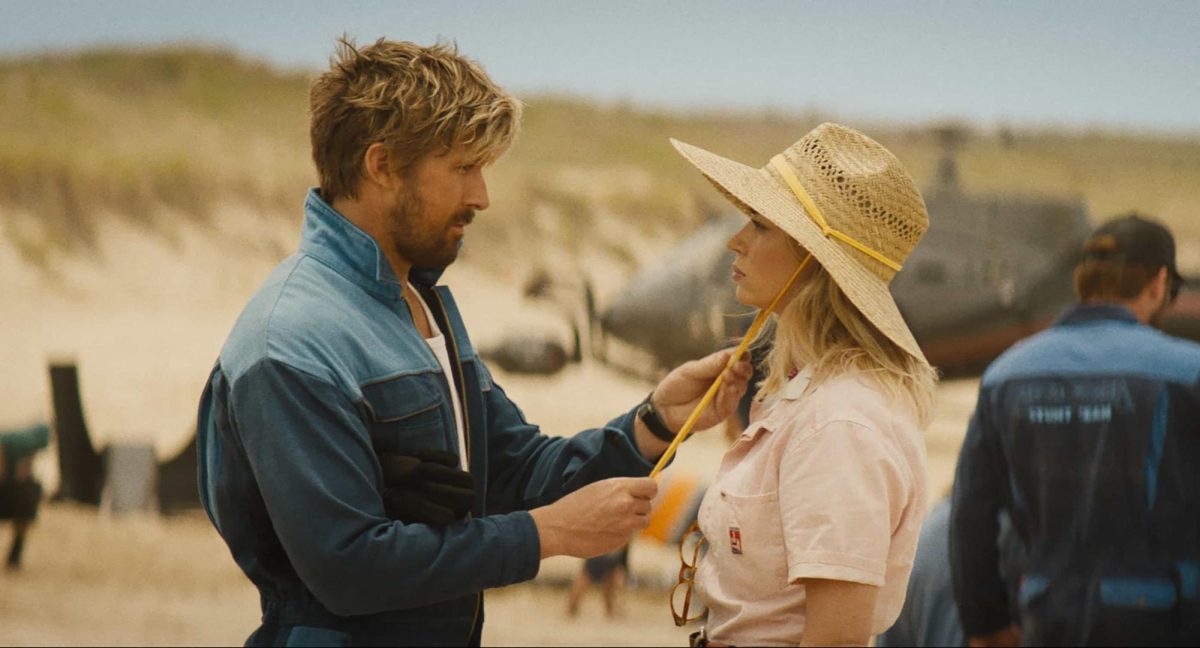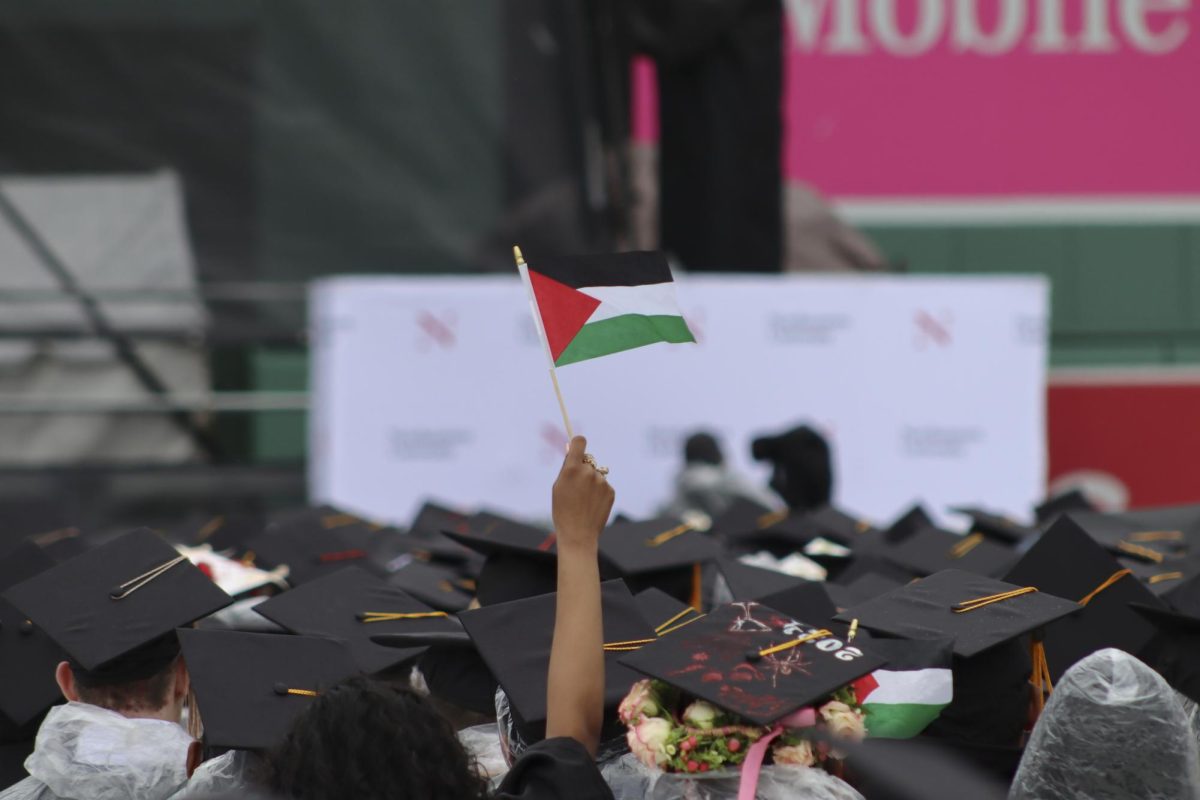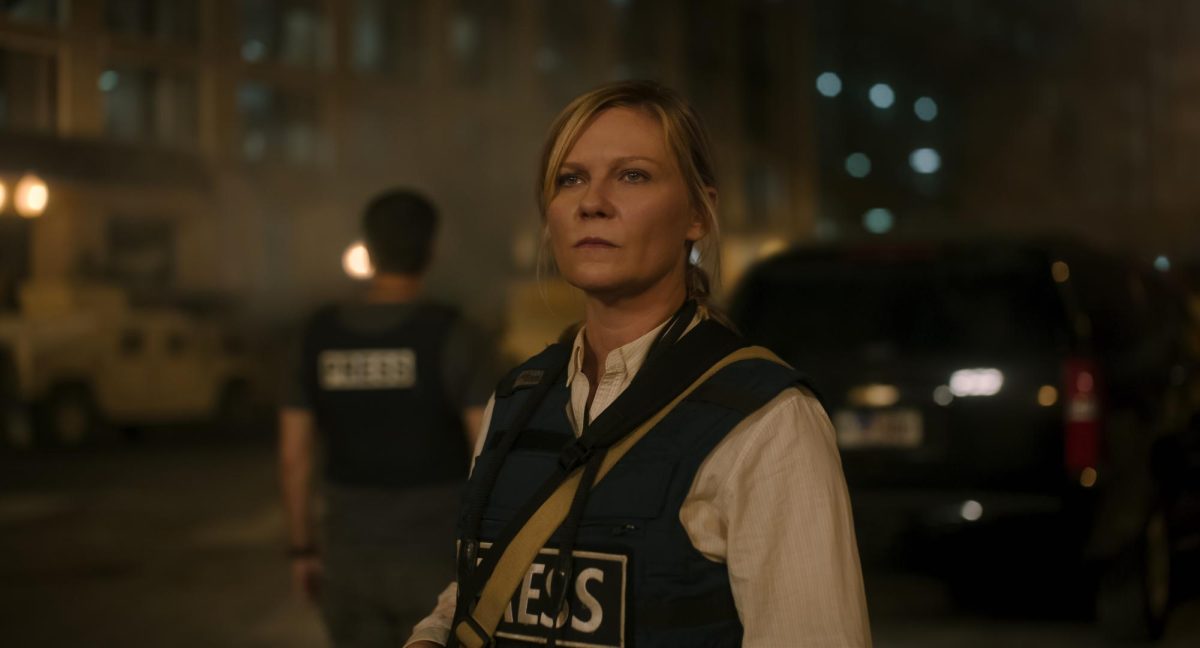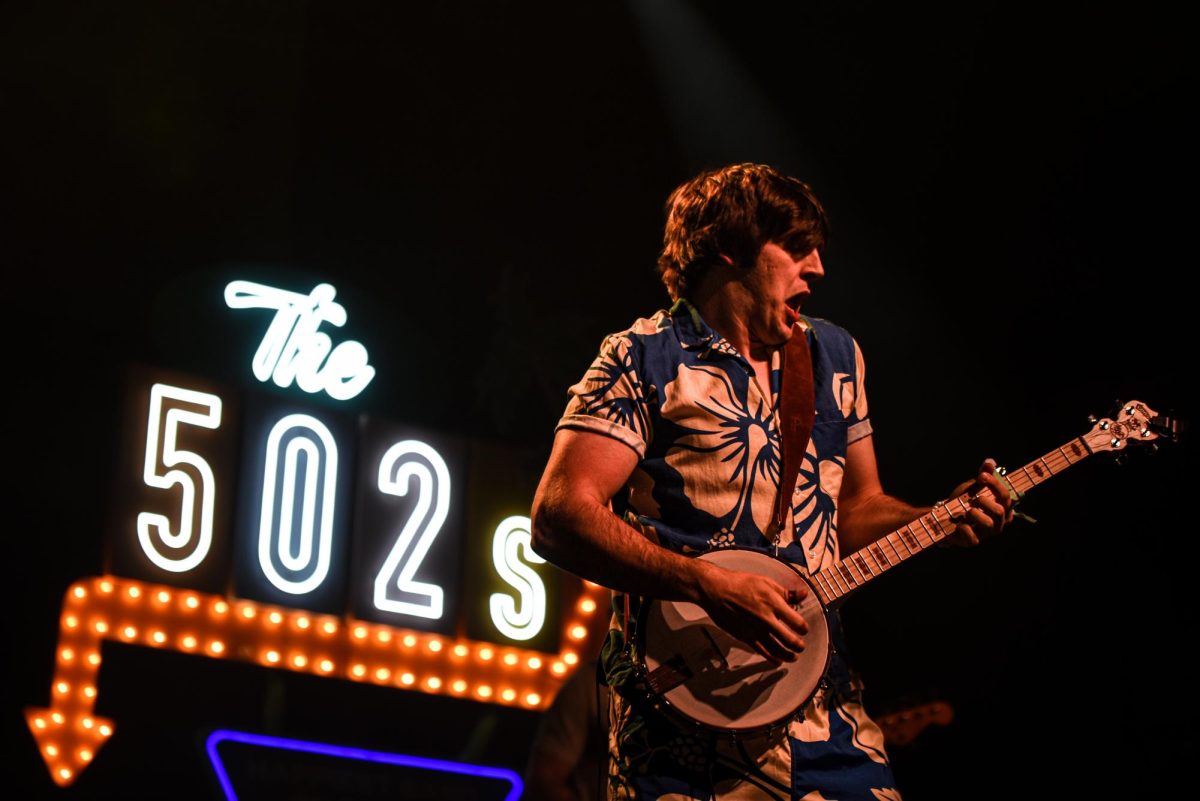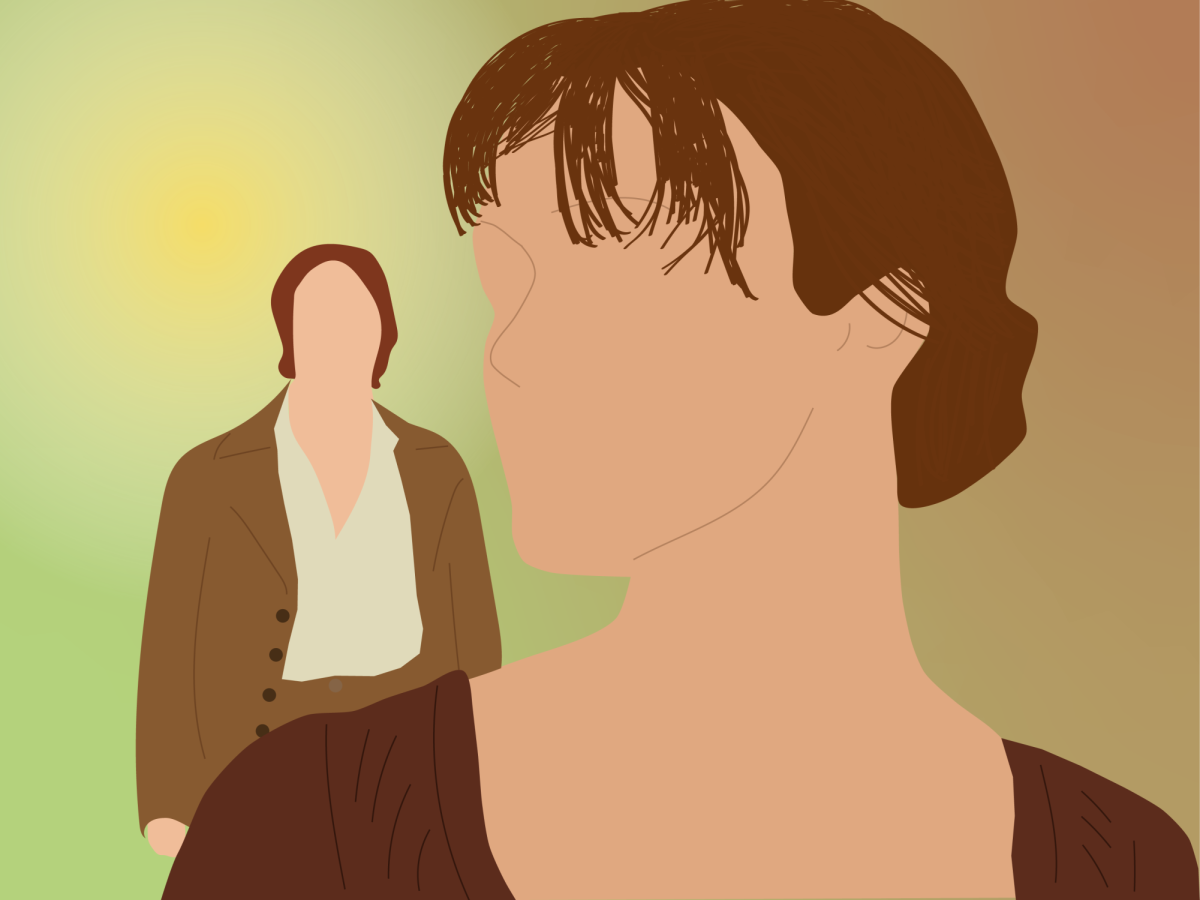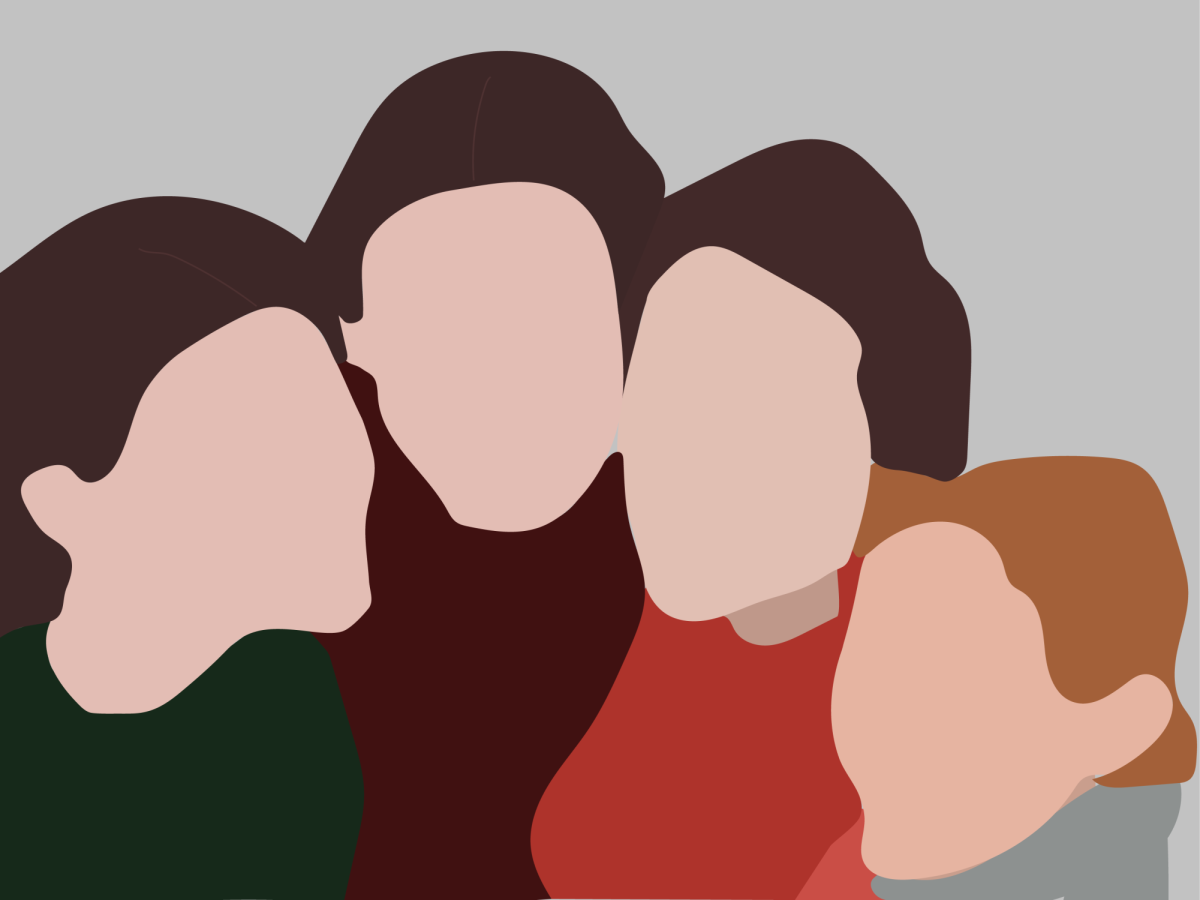
By News Correspondent Sarah Dichter
Yeah, I French kissed a giraffe. I hiked the same hills that Kenyan marathon runners train on. I watched a herd of elephants scare away three lionesses in the bush and witnessed ostrich mating dance in Tsavo National Park. I saw every star in the sky on a hot African night at the Wamai family farm.
Myself and 20 other Northeastern students spent five weeks in Kenya for a Dialogue of Civilizations program led by Dr. Richard Wamai, assistant professor of African American studies. The focus was public health and the culture and politics of the region, with a side of Swahili language classes. The real learning however, took place outside the classroom. The group visited public and private hospitals as well as non-governmental organizations (NGOs) such as African Medical and Research Fund (AMREF). We also talked with Kenyan youth and HIV support groups, Nairobi University medical students and the adorable children of the Flying Kites Orphanage.
There was the culture shock to deal with: Just because the menu lists three pages of food, it doesn’t mean there are more than four items that can actually be ordered. Also, African time, the no-rush mentality, is no myth, so don’t expect to leave the restaurant in less than two hours, even if the group just orders a round of chai, Kenyan tea. Forget about toilet paper; consider it lucky if there’s a bowl to sit on. Those from the group brave enough to dive from our tour boat into Lake Victoria learned the hard way that it’s possible to get a tropical disease, in this case schistosomiasis, a parasitic skin infection. It can be contracted even without swallowing any of the water.
We got used to eating goat and chapati, Kenyan flat fried dough. But the sight of children with flies covering them, the cardboard shacks that line the roads and tuberculosis patients sharing beds in the Nyeri General public hospital were things we never got used to seeing. We never adjusted to standing out like a sore thumb for being muzungu, or foreigners. This was especially true in the small villages, like Githunguri, where we shadowed Nairobi University medical students.
Kenya taught me that an education is truly the most important opportunity a person can get. Education is the way out of poverty and to a better future. Kenya helped to redefine my future, and made me think about what I could do to give back to a country that opened my eyes to so much. The people were wonderful. They were genuine, intelligent and passionate about their country, its citizens and future. They were always glad to welcome us to their homes, to their shops and to their way of life. Kenya was like the storybook image of Africa, or at least parts of it were. We traveled west to Lake Victoria and to the Indian Ocean at Mombasa. We danced with the Kikuyu, the Luo and the Kisii. We had to stop the bus to allow for a family of baboons to cross the road, and while hiking Mount Longonot, a dormant volcano, we saw wild giraffe just chilling, eating lunch and paying no attention to the gawking Americans from Boston.
Then there was the Maasai village, home to the famous warriors and one of the 42 tribes of Kenya. After driving two hours into the African bush to reach the village, we were rewarded by a scene that looked like it was straight from the National Geographic channel – complete with bright fabrics, red face paint, a jumping ceremony, layers of beaded jewelry and the slaughtering of a goat and ceremonial drinking of its blood in honor of our visit. It felt more like a dream than real life.
Kenya was filled with so many wonderful surprises. The capital, Nairobi, was teeming with beautiful people in neat, dark suits going to work every day, which was an incredible contrast against the wild lush setting of the city. Just outside Nairobi, we visited the slums of Mathare and Kibera and witnessed truly what extreme poverty looks like. The visit was an eye-opening experience. We saw fear of extreme corruption at every level, especially after learning in class about the ethnic tensions that led to mass riots and tragedy that followed the 2008 elections. However, in the slums we saw strong NGO presence and the entrepreneurial nature of the people living there, and after speaking with Martha Karua, one of the presidential hopefuls in the upcoming 2012 elections, we saw there was promise of working toward a stronger Kenya.
Our dialogue motto, other than Hakuna Matata – Swahili for no worries – was LEG: Learn, Enjoy, Grow. I know we fulfilled this saying every day we spent in Kenya.



